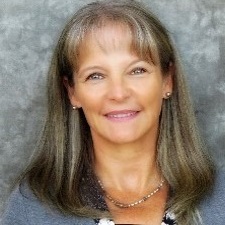TRACK 1, DAY 2
New Information to Support SWM Pond Sediment Beneficial Reuse Under O.Reg. 406/19 Excess Soil Rules
Thursday March 23 – 1:00 to 1:30 p.m.
Hall A
ABSTRACT
Thousands of stormwater management (SWM) ponds are engineered to provide flood protection and water quality treatment for urban developments across Canada. The Ontario Ministry of Environment Conservation and Parks (MECP) requires the routine removal of accumulated sediments to maintain storage and treatment efficiencies.
SWM pond owners can spend hundreds of thousands to millions of dollars on waste disposal fees per pond. Landfills are beginning to refuse sediment due to limited storage capacities. Trucking to distant disposal locations can significantly increase costs and greenhouse gas emissions.
This ongoing 17-year Canada-wide SWM pond sediment survey includes 371 samples collected from 121 SWM ponds. 87% and 77% of ponds exceeded the O.Reg. 406/19 Tables 2.1 and 3.1 soil standards (respectively) due to petroleum hydrocarbons (PHCs). However, beneficial reuse can be approved through the Sewage Consolidated Linear Infrastructure process.
The database also shows that wet versus dry sediment chemistry results would typically lead to the same beneficial reuse conclusions. This supports the collection of either wet insitu samples from the pond basin or dried exsitu samples from stockpiles. The statistical analysis results also support sampling by inlet, centre and outlet zones.
This would include 3 composite samples for ponds with only 1 inlet, with 1 additional sample per inlet. These data support a more streamlined and less costly approach to reuse evaluations.
ABOUT THE PRESENTER

Francine Kelly-Hooper, GHD
Francine Kelly-Hooper, Ph.D., is a Subject Matter Expert (SME) in SWM pond sediment beneficial reuse and petroleum hydrocarbon (PHC) forensic evaluations. She operated her own consulting firm from 1998-2014, during which time she also completed her Ph.D. at the University of Waterloo. Francine continues here research as the Canadian Sediment Lead at the GHD Group.
